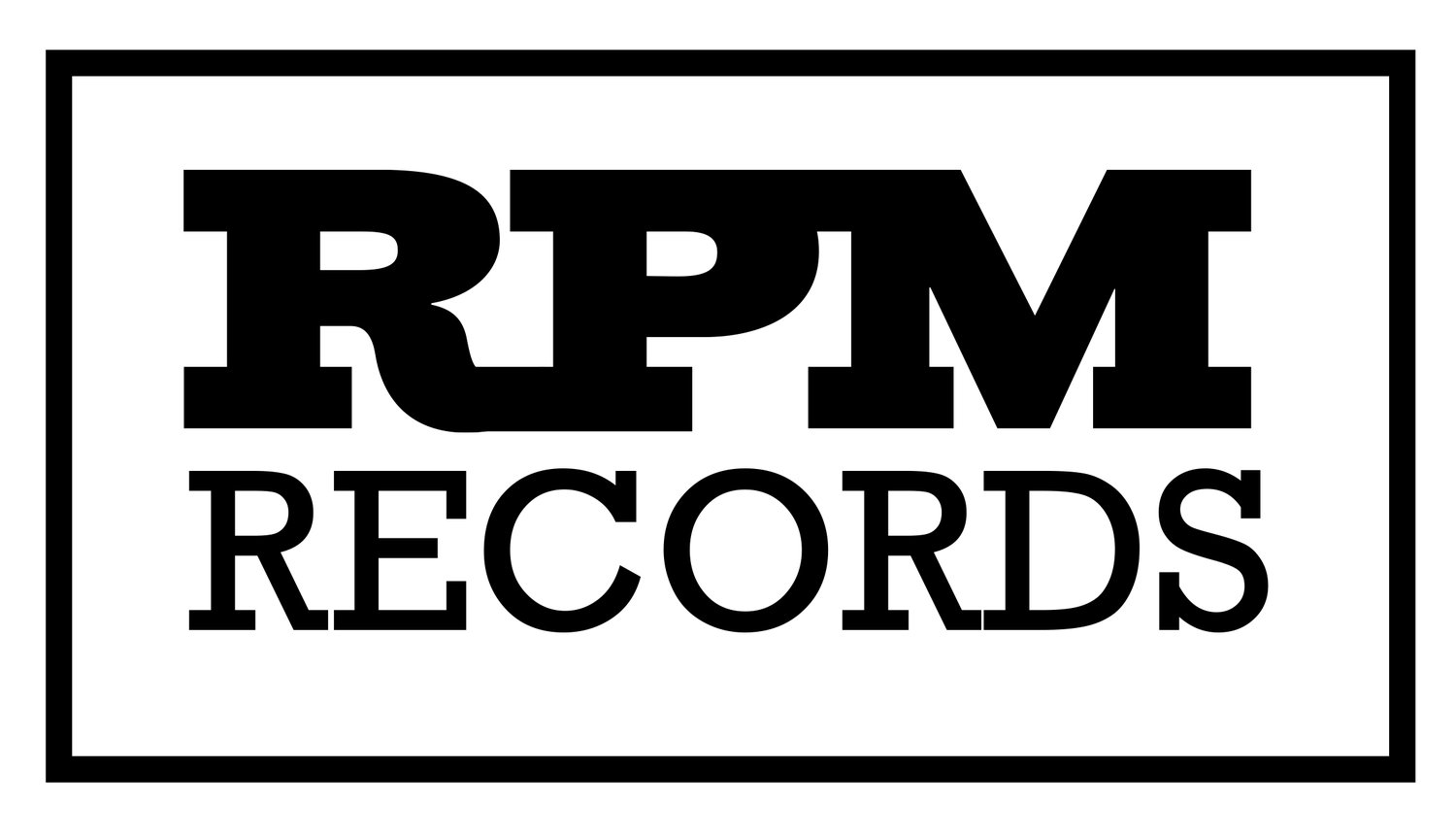Skeena Reece's Life Cycles
/After recently giving birth to her first child, Skeena Reece (Tsimshian, Gitksan, Cree, Metis) reflects on her late father and his creative accomplishments. John Carver from her debut album Sweetgrass and Honey released earlier this year is an ode to all Native carvers acknowledged or unappreciated.
Skeena Reece's water broke with her first child a year to the day since the passing of her late father, master carver Victor Reece. As she welcomes the arrival of her son (not yet named) she shares her reflections on his path as a traditional west coast carver in a post colonial world.
RPM: You once did a performance piece about one of your father’s masks; can you talk a little about that?
Skeena Reece: Sure. I did a piece at the Grunt Gallery in 95 as a launch for Redwire Media’s Awaken100.com. I wanted to share the experience of having to sell a piece. I wanted people to know how it felt to lose a piece of your memory or your culture. I wanted them to experience what it was like to be colonized.
The mask was a central part of it. I told them how much it would retail for, I talked to people about it’s value in the community, and the value it had in the past. Some of the stories I have heard are that if you ever sold a mask, before contact, you would have been killed for it. It was that important to our people. Masks had spirits, they had names, they had homes, and they had guardians.
I had some friends make music, Jason Burnstick was there and Jerrilynn Webster (JB the 1st Lady) read some writing that I wrote. I integrated a slide show. I hired a photographer to take pictures of me and the mask around the city. I wanted to introduce them to the story of the mask. They were able to touch it, whoever was wearing plastic gloves, which I had handed out. I wanted that feeling of a museum kind of mentality of handling this sacred and expensive item. And when it returned to me I broke it. Everyone was so shocked because they had come to understand it in their own way. I showed the photos again and they had a different experience the second time because now it was gone and essentially it was a memory.
So it was really intense and a lot of people wept and I wept too. I think it really struck people to the core of the meaning, for me, of having to lose something. A lot of native people have experienced this but it’s so hard to share. I think you can put that into the context of loss of culture, loss of parents, loss of home, loss of land, loss of government, loss of justice, loss of familial love. I wanted to share with them the feeling of loss and also triumph because we burned masks, we broke masks and my father has told me he has broken many masks either by accident and on purpose. And I feel that it is an action or gesture of reclamation. Of knowing that it’s not in the item that the worth lies, it’s in the people, in the culture. It’s something that never dies.
RPM: Tell me about the song John Carver.
SR: I wrote John Carver in a night. After recorded all the songs on the CD (Sweetgrass and Honey), there was room for one more. The musicians created the music and I took it away and I wrote the song as an ode to my father who is a master carver that passed away last year. I wrote it 6 months before he passed so he was able to hear it. He really enjoyed it.
RPM: What did you want to express to him when you wrote it?
SR: I wanted to express it to all carvers, I feel like there is a lot of unsung heroes in the carving world that don’t get a lot of press. As a daughter of a carver I wanted to share how I felt about my dad, the long hours that he put in and the experience of having to see him sell these precious things to non-native people for their entertainment. To put on their walls and not really knowing the passion that goes into it and not really understanding the cultural significance. I wanted to personalize that so that he knew that I knew that he was really special and that what he shared with the world is more than what they could know.
I also wanted to honour the death of the Nuu-chah-nulth carver in Seattle. I felt like that was indicative of other disrespect and absolute neglect of a lot of carvers who are forced to just pace the streets with their work. There is no place for them and they are very vulnerable to the point where one guy, John T. Williams, was murdered for carrying his carving knife by a police officer. Living in Port Alberni I heard about it and it just really struck me. My dad wanted to do something about it. He wanted to have a march or a memorial of some kind. It was always a part of him to acknowledge injustice and other artists who don’t get the same treatment as someone like him or somebody who has a bigger name.
I wanted to sing a song to let him know that I am connected to his self and I am a reflection of him and his pieces that go out into the world aren’t just the only pieces that he has. I am one of his pieces that go out into the world and I always come back. I am something he can never lose.
Enjoy John Carver from the album Sweetgrass & Honey by Mama Skeena Reece:
STREAM: Skeena Reece - "John Carver"


